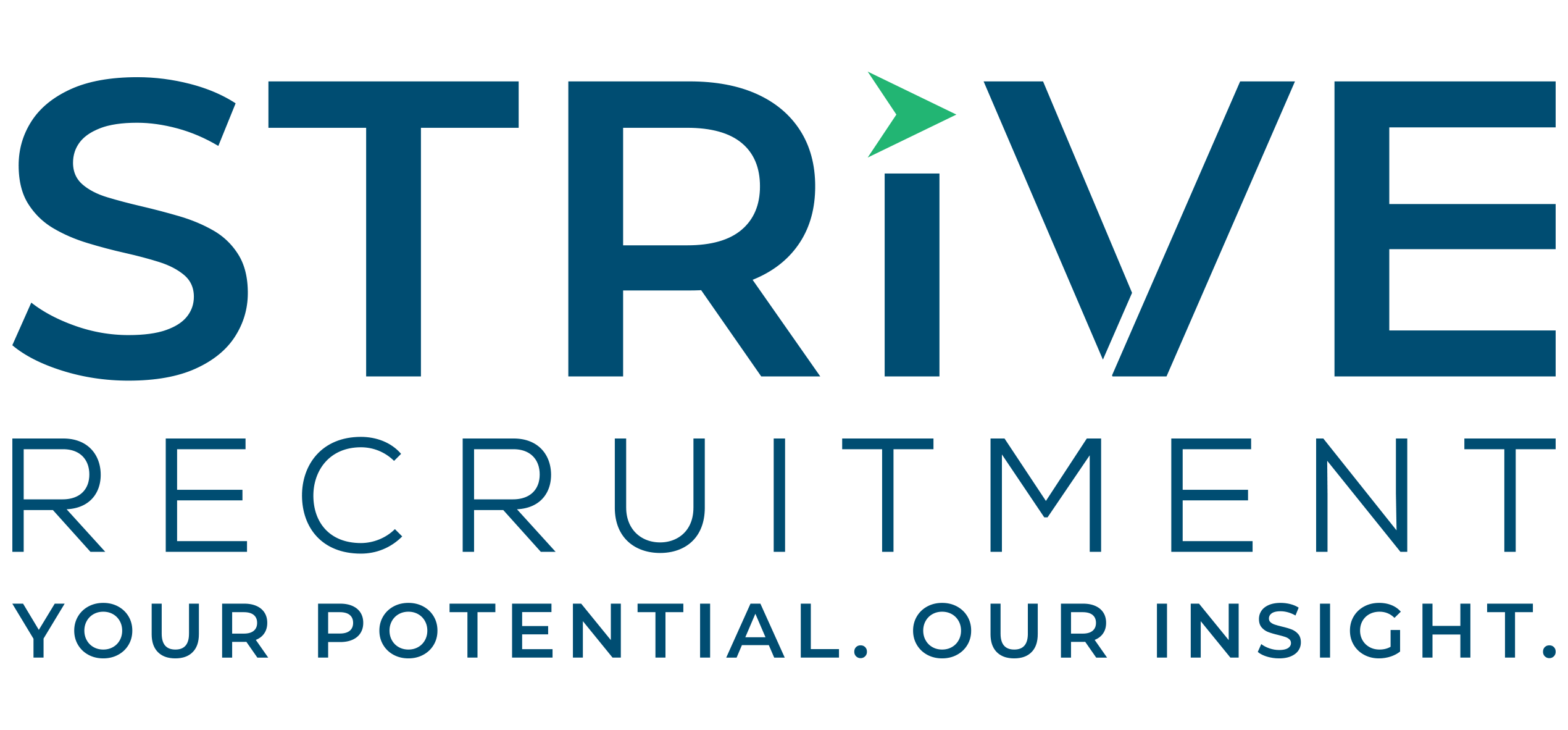Welcome back to the second part of our series with Former Fortune Executive, Noga Zilberberg, on Coffee with Leaders!
A couple of weeks ago, Michael Dha and Noga Zilberberg sat down to discuss Noga’s experience at McKesson and Noga gave our audience 5 secrets on how to land a high-profile role at a Fortune 100 organization.
Noga is a former finance executive, however, has since switched gears and now has her own coaching consulting services, Zilberberg Consulting Inc. She continues on with the 5 secrets on landing a high-profile job below!
To read the beginning of this article, click here.
#3 Innovative Problem Solving and Critical Thinking
As Steve Jobs famously put it: “…we hire smart people so they can tell us what to do”. I couldn’t agree more. Leaders, teams and employees with innovative problem-solving abilities are crucial to the success of any business. For large, high-profile companies innovative employees, at all levels of the organization, are the lifeline that helps them:
- Operate in the most effective and efficient way
- Solve challenges that were once considered impossible to solve
- Improve the quality of life of millions of people around the world
Are you up for the challenge? Can you prove that throughout your career you have demonstrated an “out of the box” thinking that resulted in outstanding outcomes in your area of expertise?
Think of another well-known saying “a chain is as strong as the weakest link” and you’ll understand why this skill is considered a requirement in many job postings.
Michael: It’s not easy assessing these abilities during an interview.
Noga: Some interviewers still use “brain teasers” like those that Google interviewers were infamously known for, such as “how many golf balls can you fit in a school bus?” Or “how would you solve homelessness in Vancouver?”. Candidates often struggle to understand how these questions help hiring managers to assess their professional abilities.
Most of these questions don’t have right or wrong answers, but rather attempt to reveal one’s critical thinking skills, their ability to deal with ambiguity, as well as their ability and desire to come up with innovative solutions. Candidates should avoid responses that suggest they lack these crucial skills. Common bad responses include:
- “What do you mean?”
- “I have no idea”
- “This is not my area of expertise”
- “It’s impossible to answer without more information”
Anyone interviewing for a high-profile role that requires significant innovative problem-solving should familiarize themselves with this type of question and the best way to answer them.
Better yet, they should proactively provide their interviewer with plenty of examples of previous professional challenges they faced and how their problem-solving abilities contributed to the solution. They just might avoid being asked something like: “what problem would you choose to solve using time travel?”
#4 Emotional Intelligence (aka EQ)
Some of the traits I have already mentioned have to do with how people interact with colleagues and others in the business environment. None of them, however, distill this idea as much as the concept of emotional intelligence. EQ has two important aspects that I’d like to emphasize:
- Self-awareness and the ability to manage oneself effectively and gracefully around others
- Building and managing relationships with others
Michael: Can you explain why this is important for large companies like those on the Fortune 100 list?
Noga: These companies have many ideas flying around, many conceived by very smart people, and all competing for limited funding resources. Employees who can effectively promote their ideas by utilizing their highly developed relationship-building and communication skills will dictate the direction of their teams or perhaps the entire company, depending on their role. They will be more successful in their jobs and positively influence those around them.
When you go on an interview, your EQ is put to the test the minute you walk into the company’s offices. Make a conscious effort to calm your nerves so you appear kind and genuine in all your interactions. Greet the receptionist, participate in small talk, and display confidence and self-awareness when responding to questions.
All types of relevant communication skills are assessed during an interview. Are you articulate and can gracefully deal with unexpected questions? Are you a good listener or ‘jumping the gun’ to answer questions? Remarkably, some interviewers might even hint at the answers they are looking for. Listen carefully to make sure you’re picking up on those clues.
Effectively using your EQ in an interview is a sure-fire way to quickly build rapport (“chemistry”) with your interviewer. The interviewer needs to like you and feel that the team will enjoy working with you. Candidates with high levels of EQ actually do better on interviews and can sometimes even beat candidates with superior professional skills!
Michael: We are down to the last skillset of this top 5 list.
Noga: I saved the best for last.
#5 Grit
If I had to choose the two most desirable personality traits for employees in the corporate world, it would be EQ and Grit. Psychology researcher, Angela Duckworth, defines Grit as: “the passion and perseverance for especially long-term goals”.
Money and job titles are no longer the top motivators for employees to work hard towards the company’s goals. A much stronger motivator is the combination of how well those goals are aligned with one’s own values and aspirations (or: what they want to achieve) coupled with their inherent passion and perseverance (or: how they’ll go about achieving that).
I see grit as the innermost drive and desire to achieve success, whatever that may mean to the individual. Great accomplishments are usually the result of continuous personal and professional development, getting out of your comfort zone and unwavering dedication, even when facing setbacks.
Michael: How do you assess candidates’ grit during interviews?
Noga: Two of my favourite questions to ask candidates are “tell me about life experiences that you believe have made you who you are today” and “tell me about three people who have personally influenced you”. Again, there are no “correct” answers to these questions. It is the type of experiences and people candidates drew on, what they have learned along the way, and how they plan to implement those learnings in future challenging situations, that helped me get to know them better. It helped me understand their ambitions and how determined they were to reach their full potential.
Another common question that interviewers ask to assess both EQ and perseverance is “tell me about a time you had to convince others to adopt your idea”. A winning answer will include elements of persuasion and determination while maintaining great professional relationships.
Conclusion
Identifying superstar candidates who have both outstanding professional/technical skills, as well as these important personality attributes, is not easy, but it pays high dividends for hiring companies, teams and managers.
If you are one of those superstars, recruiters and high-profile companies must already be contacting you with tempting offers on a fairly regular basis. Others, who are not quite there yet, can greatly benefit from developing the attributes we’ve discussed. Professionals who are willing to work hard to master these skills – are on their way to becoming superstar candidates and landing their dream job!


